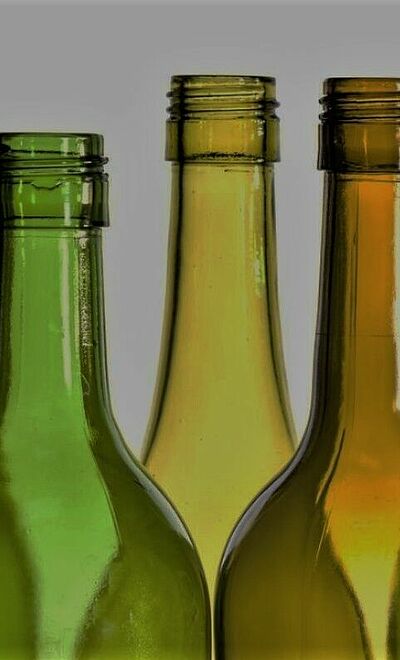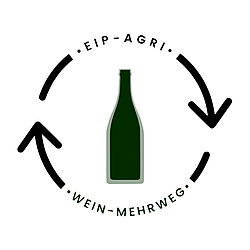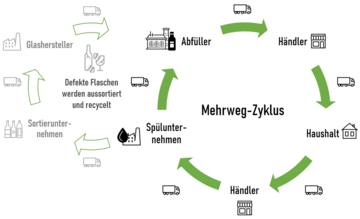Project goals
Background to the project
Why should the wine industrydeal with reusable bottles?
- Rising producer prices for glass
- Sustainability priorities of consumers
-CO2 footprint of wine -> The wine bottle is the reason for the highCO2 footprint
In the face of global sustainability efforts, the wine industry faces the challenge of developing innovative solutions to reduce its environmental footprint. In this effort, circular systems and reusable solutions are coming into the spotlight as promising tools to minimize resource consumption.
In the midst of the ongoing discussion about sustainable practices in the wine industry, the EIP-Agri project Wine Reusable is coming into focus:
In close cooperation with the Baden-Württemberg Cooperative Association (BWGV), the project aims to design and establish a supra-regional and practicable reusable system for 0.75L wine bottles. The targeted introduction of a reusable system is intended to promote the reuse of glass bottles and make a significant contribution to conserving resources and reducing the carbon footprint of wine production.
Back to the Future
Will the returnable wine bottle make a comeback?
Latest news
Wine meets digital innovation: collaboration between Wine Campus Neustadt & Mainz University of Applied Sciences
In cooperation with Mainz University of Applied Sciences and digital students, a film has been produced that takes an all-encompassing look at the topic of reusable wine bottles. The film successfully combines research, teaching and practice in the wine industry. From interactive storytelling formats and virtual reality experiences to innovative reusable examples and voices from the world of languages, you get a brief insight into a relevant research topic.
31 Project partners
The operational group
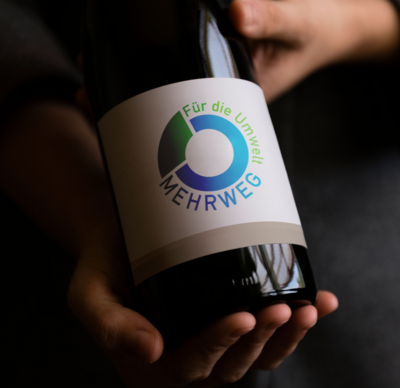
The operational group of the EIP-Agri project Wein-Mehrweg is made up of a total of 31 members. The participants include 19 renowned winegrowers' cooperatives, national beverage industry associations, several trading partners, glass manufacturers, rinsing centers and the Wine Campus Neustadt as a research partner. Targeted cooperation across regional boundaries has resulted in a comprehensive approach that serves as the basis for successful implementation.

Associations
- Baden-Württemberg Cooperative Association e.V.
- Association of the fruit juice industry eV
- Württemberg Winegrowers' Association e.V.
- Badischer Weinbauverband e.V.
Pro Mehrweg e.V.
Trading company
- EDEKA Southwest
- Globus
➔ A total of 31 OPG members and an extended circle of interested parties
Participating cooperatives and companies - The practice
- Deutscher Mineralbrunnen eG
- A glass manufacturer
- A bottle trading cooperative
- A bottle washing company
- 19 winegrowers' and winegrowers' cooperatives
Research partners
Wine Campus Neustadt - Prof. Dr. Dominik Durner & Prof. Dr. Marc Dreßler
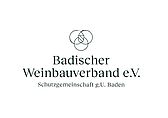
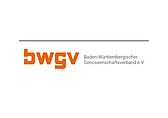
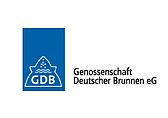

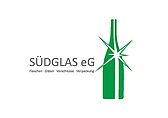
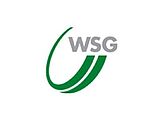
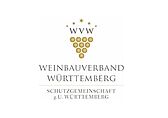
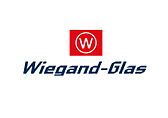
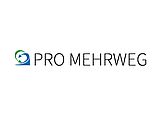
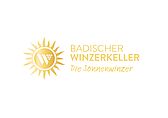
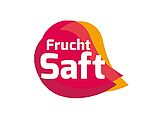

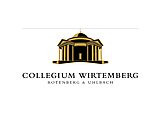
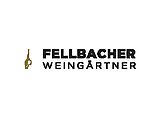
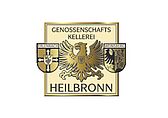
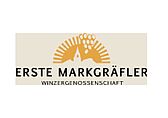
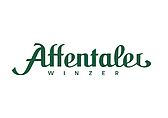
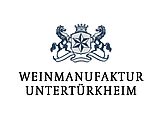
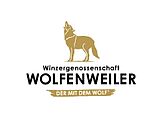
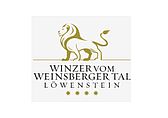
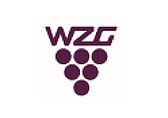
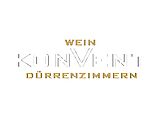
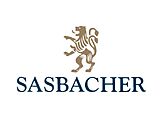
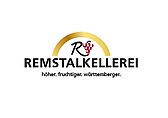
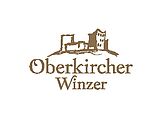
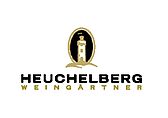
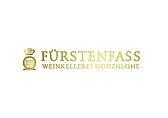
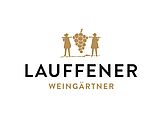
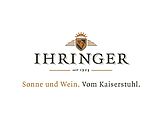

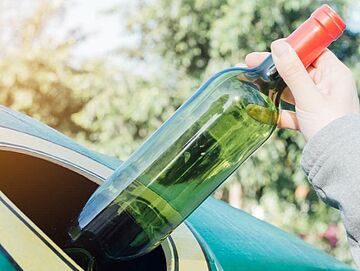
The value chain should become a cycle
Objective
The overarching goal is to develop innovative solutions for the complex challenges of the reusable initiative.
The project focuses on the creation of a well thought-out reusable system that not only offers ecological benefits, but is also closely interlinked with retail and consumer behavior. Together, we are not only striving for an ecologically sensible but also economically viable solution. The link along the value chain, in the form of experiments and tests with different conceptual ideas and implementation perspectives, forms a strong knowledge network that enables direct feedback for practice-oriented research.
Research work plan
- Development and formulation of technical specifications for wine bottles, labels and closures, including bottle carrier systems
- Which bottles are suitable for the reusable system from a technical and consumer perspective?
- Coordination of logistics processes with processes in the wine value chain
- Which reusable bottle carrier systems are required?
Analysis of the distance and sustainability of the planned system
Aims of the initiative
- Development of a returnable system for 0.75L wine bottles
- Establishment of a knowledge hub for the entire industry
- A strong focus is placed on future viability and practicability
- Strong involvement of retailers and consumers (MaFo)
- Other new types of wine packaging (e.g. kegs) are included
- Demonstrable reduction in theCO2 footprint of a bottle of wine
- Promotion of reusable systems in the wine industry
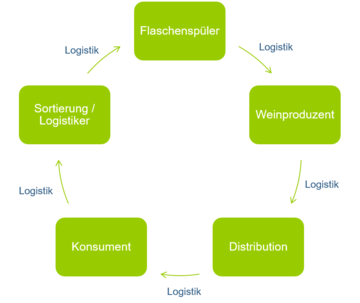
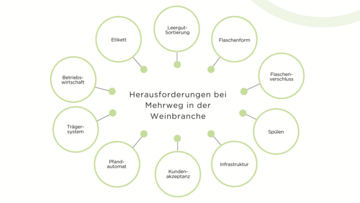
Establishment of a reusable system
Challenges
Wine production is confronted with challenges ranging from ecological to economic and social aspects. Practice shows that the introduction of reusable systems faces considerable implementation hurdles despite promising ecological advantages.
The introduction of a reusable system for wine bottles is a significant step towards greater sustainability and environmental protection in the wine industry. This change requires a carefully planned change management process to ensure that all stakeholders - from winemakers and distributors to end consumers - can make the transition successfully.
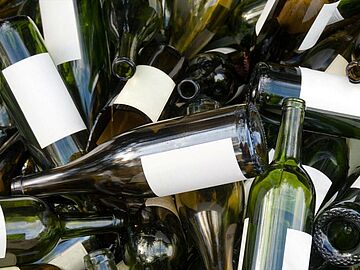
Project data
Project period
Subsidies
Publications
contact
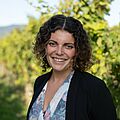
Katharina Kleiner
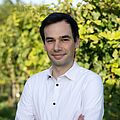
Julian Döbler

